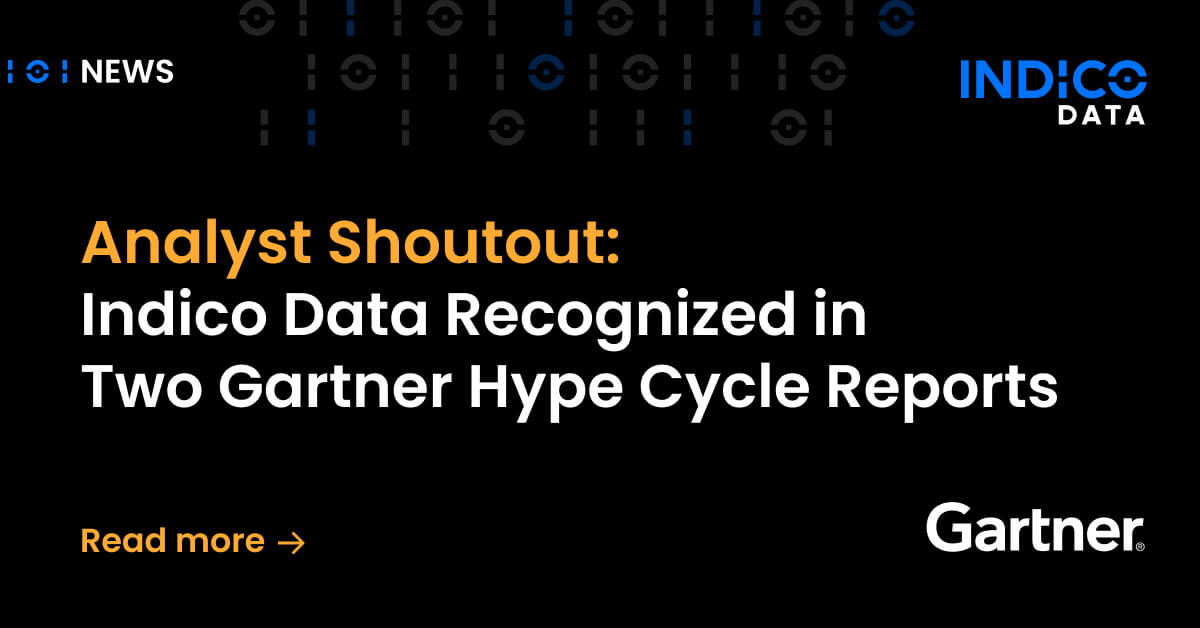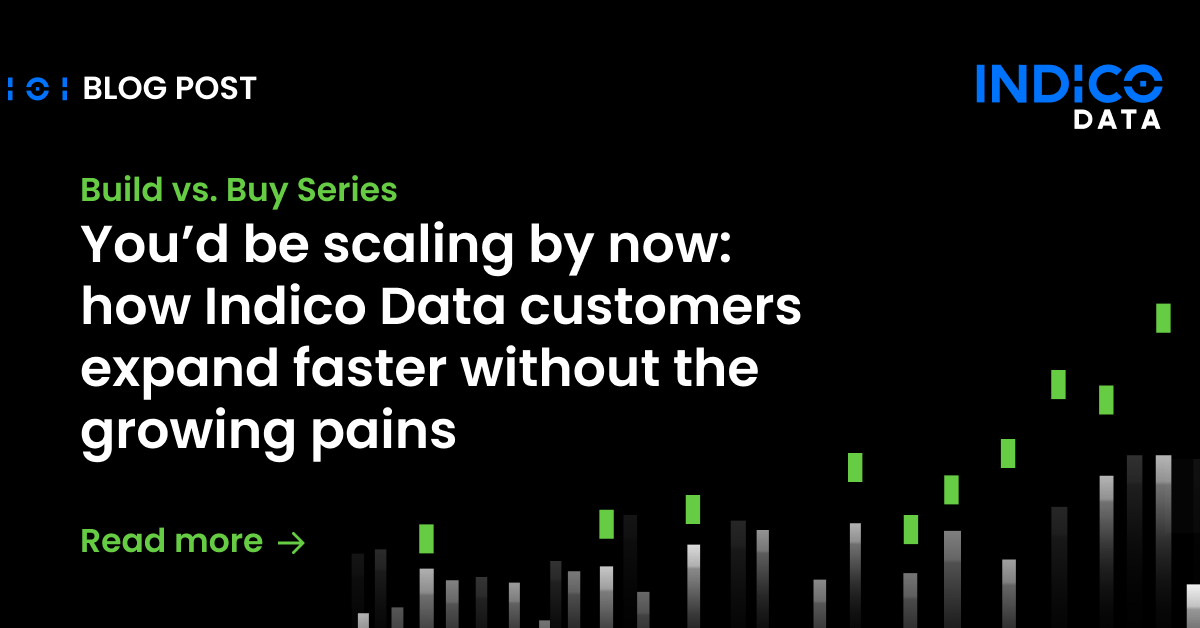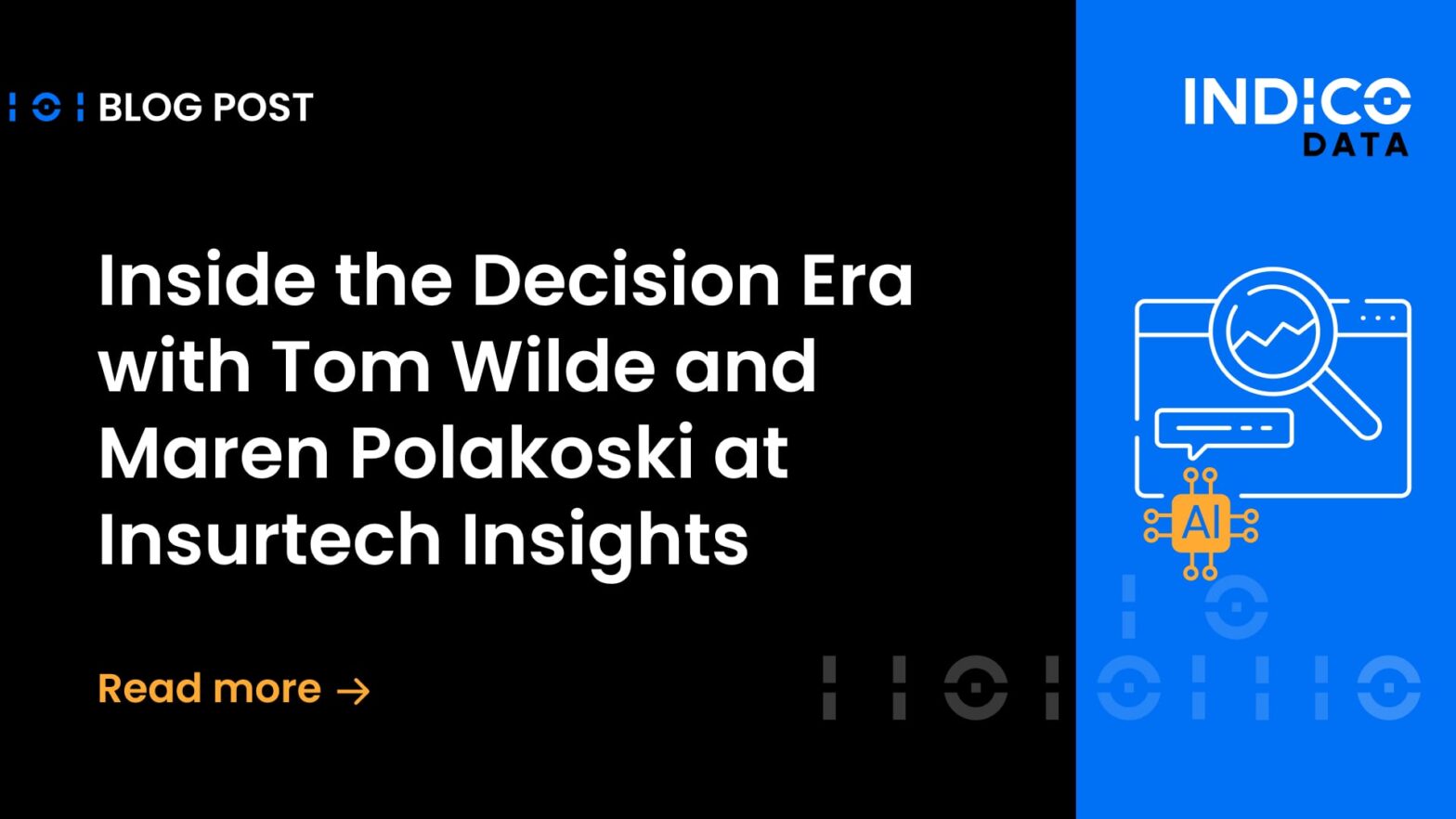The financial world is rife with various types of documents. Still, perhaps none is so vexing as the ISDA Master Agreement, a long, detailed document that typically requires careful manual intervention to process – making it a great candidate for intelligent document processing.
Published by the International Swaps and Derivatives Association (ISDA.org), the ISDA Master Agreement covers the terms between two parties regarding over-the-counter (OTC) derivatives transactions. It’s an essential document because OTC transactions are not governed by a stock exchange, leaving the buyer and seller to agree about the transaction terms.
The latest version of the ISDA Master Agreement, from 2002, weighs in at 28 pages, broken into 14 sections outlining terms of the contractual relationship, including eight standard “Events of Default” and five “Termination Events.” In reality, though, the Master Agreement is just a template. Different variables will apply to each transaction, making each fully executed agreement essentially unique. And all of them consist mainly of unstructured data.
A time-consuming, manual process
That, of course, is bad news when it comes to trying to automate the processing of ISDA agreements. It means any automation technology that requires documents to be similar to one another – including templated approaches that use optical character recognition or robotic process automation – will be ineffective. That’s because templated approaches work best with structured data, such as in a spreadsheet, while RPA is better suited to deterministic processes.
We’ve seen the pain first-hand among financial industry customers looking for help with what are currently highly manual processes. A typical approach involves a subject matter expert (SME) looking over the ISDA agreement and manually entering essential elements of it into another platform, which will execute the trade and produce a confirmation. However, before the trade execution, another SME has to examine what the first one has done to ensure no errors – the classic “four-eyed” approval approach.
Given the size of the ISDA documents, it can easily take 2 hours to process a single one. Large banks may process hundreds of thousands per year, so they have a significant incentive to automate the process.
Bringing intelligence to financial automation
Intelligent process automation (IPA) offers a viable solution because it can “read” and “understand” the ISDA documents much like those humans would. So long as the IPA model has a sound foundation of data points, it should comprehend the ISDA documents and extract data from relevant fields for input into the trading platform.
While that replaces the “four-eyed” approval, another benefit of intelligent automation tools is that they can examine the data in the agreement and predict if there’s going to be a problem executing the trade – perhaps due to a field entered incorrectly or some other anomaly. At that point, a human can step in to troubleshoot.
So, in a nutshell, an intelligent automation approach to ISDA agreements enables a financial services company to automate multiple processes:
- extracting relevant data
- comparing the data to what the downstream processing system expects
- predicting whether the trade will execute successfully
Such a system eliminates hundreds of thousands of hours of manual labor, dramatically reduce the time required to process agreements, and increase the capacity of the firm to handle more trades – with greater accuracy.
While this example applies to financial services automation, the same principles apply to other verticals. To learn about more use cases that demonstrate how intelligent process automation helps automate processes that rely on manual intervention and know-how, download this white paper from experts at the Everest Group, “Unstructured Data Process Automation.”


